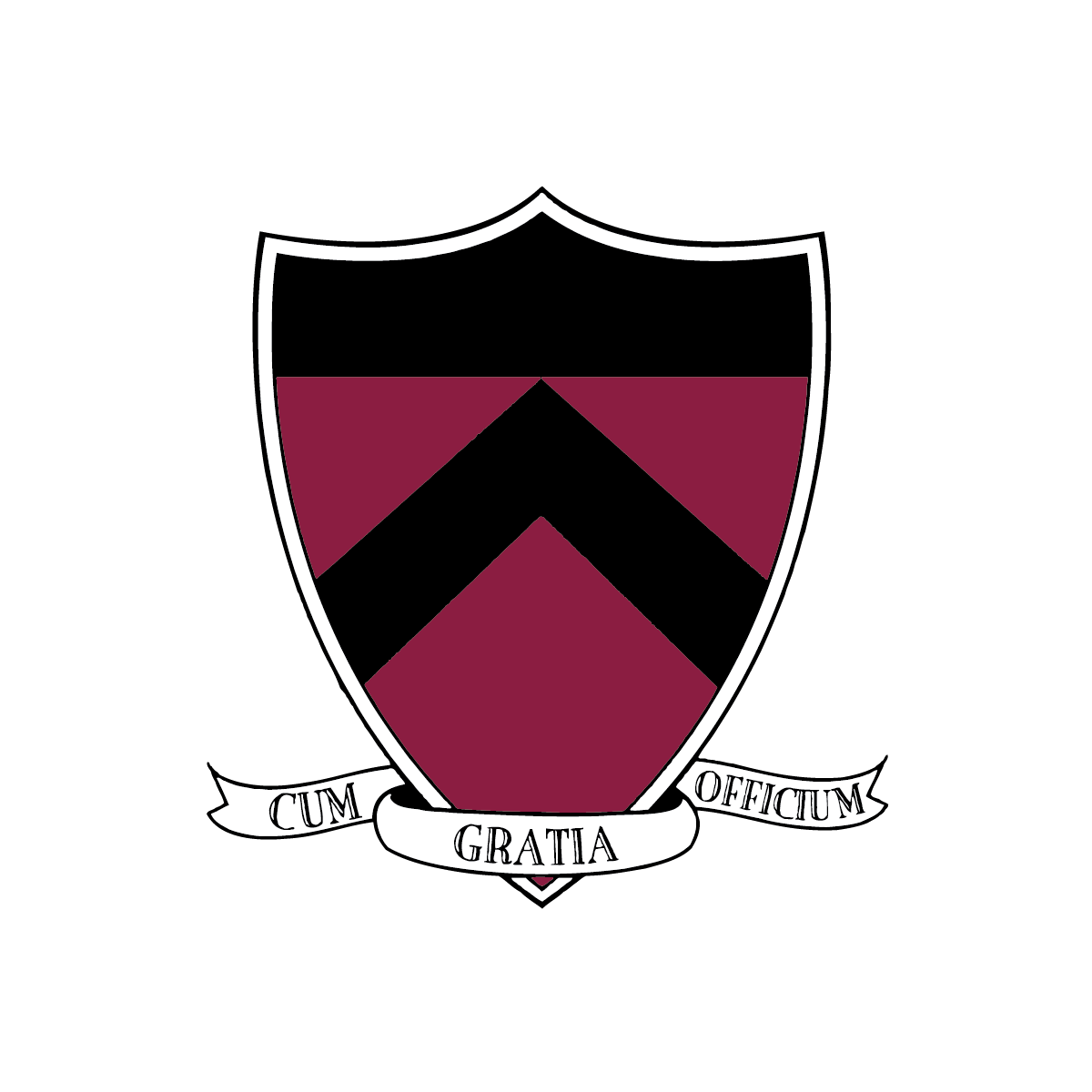
About the Templeton Honors College
The undergraduate community of The Templeton Honors College is composed of approximately 120 students, a faculty of 13, staff of 5, including its own Dean, and a beautiful home in Templeton Hall. Its faculty are among the top teachers and scholars at Eastern University, with earned doctorates from places like The University of Oxford, Cambridge University, Yale University, Notre Dame University, the University of Virginia, the University of Pennsylvania, and St. Andrew's University, among others. They form the faculty of friends at the heart of the college, and from these friends emerges the culture in which academically ambitious students are formed.
Undergraduate students complete their general education requirements through a Great Questions and Great Books curriculum within Templeton and their major and minor degrees in another Eastern college.
Templeton students receive the highest scholarships available at Eastern University, frequently lead clubs and student groups across campus, are sought after by regional employers, often pursue advanced degrees, regularly study abroad at places like Oxford University, and are automatically admitted to our Master of Arts in Teaching (MAT) program in Classical Education. All that, and they form life-long friendships with their peers and professors.
Faith. Academics. Community.
Templeton's faculty, community, and curriculum form students within the Christian intellectual, artistic, and literary tradition. Our faculty are Anglican, Roman Catholic, Baptist, Eastern Orthodox, Presbyterian, and non-denominational. We are committed to the basic parameters of the Christian faith outlined in the Nicene Creed and to the lordship of Jesus over our hearts, minds, souls, and bodies. Christ's lordship over our minds calls us to pursue academic excellence, intellectual virtue, knowledge, and wisdom in order to honor God, fulfil our nature, and love our neighbors well. Therefore, as an honors college, we have a more academically demanding set of admission and good-standing requirements than other colleges within Eastern University. Our curriculum is demanding. Our socratic pedagogy is provocative. Our classes are reading– and writing–intensive seminars organized around great questions and great books, set within a rich community built through a selective cohort model of admission.
Holistic Formation
Unlike some honors colleges, our courses are not simply more difficult versions of courses offered elsewhere in the university. Instead, our courses are utterly unique and offer students a holistic formation in the true, good, beautiful, holy, and useful. Similarly, our students are not merely pre-professionals looking for credentials and practical training that they can trade in for gainful employment after graduation, but instead are rational, moral, aesthetic, and spiritual individuals seeking to order their loves aright though a coherent understanding of themselves, other people, the natural world, and God.
A Community that Builds One Another Up
Templeton is not just a program within a university. Templeton is a college. There is an important difference.
In being a college (in Latin, collegium, "to join together") we are aspiring to something ambitious, perhaps not wholly attainable. What makes a college a college is that it draws together disparate individuals to build each other up and together create a common social good. It is a distinct community and culture built around shared practices and loves.
 The coming together is the first essential element. In their coming together, individuals become colleagues and through their collegiality they take on the essential attributes necessary for advancing the larger purpose of the college. The second essential element is the creation of a social good. All that is meant by social good is something that is a good, indeed a necessity, for the health of the broader society. A college is created in order to provide a social good that individuals by themselves could not attain. Instead, abandoning a solitary path, they join together so that the larger whole of the college helps form each individual into a better colleague.
The coming together is the first essential element. In their coming together, individuals become colleagues and through their collegiality they take on the essential attributes necessary for advancing the larger purpose of the college. The second essential element is the creation of a social good. All that is meant by social good is something that is a good, indeed a necessity, for the health of the broader society. A college is created in order to provide a social good that individuals by themselves could not attain. Instead, abandoning a solitary path, they join together so that the larger whole of the college helps form each individual into a better colleague.
This means that the goal of Templeton is not mainly for graduates to attain their degrees or elongate their academic resumes; though these are good things, they are not our purpose. Undergraduate colleges differ in time and place, but all have in common an intrinsic objective proper to what an undergraduate college is. We exist—Templeton included—to form humane members of society who are capable of living for the common good. That’s our broader purpose. From this purpose, certain defining features have tended to follow, among which are these:
A college is a voluntary association of individuals. This means that it comes about only by the free will of its members. They must each opt in. They each decide to become a colleague. In a college the freedom of the individual is necessary because the purpose of the college is to cultivate persons in virtue; and this cannot be done without a person’s free consent. To pursue virtue we must choose it. It cannot be chosen for us. Each student and teacher, therefore, must individually opt for the good that is aimed at by the whole college. When this is done in concert—that is, with collegiality—the college starts to become what its purpose has always aimed at.
Once the college has been formed, it must advance a certain kind of life among its colleagues in order to be successful in its mission. Students and teachers must all have the space in their lives to read, and reflect, and come together to discuss ideas. This is why the four-year residential college has been the gold standard of undergraduate liberal arts education in the United States. When a collegiate community lives together, learns together, and worships together it is not only the mind, but the whole character of each person that is being cultivated.
Humane simply means anything that affirms human limits and is purposed towards the flourishing of human dignity. For example, we should not be asked to do so much study that we cannot sleep enough, take Sabbath, pray each day, and so forth. If we assign too much study for our students something essentially human will suffer—the quality of study, of sleep, of prayer, or of Sabbath rest. To endorse a humane culture at our college everything—from the buildings we live and study in, to our use of time, to the way we worship, to the books we read—everything within the college must reflect the truth about our human dignity. Made in God’s good image we are not interchangeable parts in an efficient economic machine; neither are we just chimps spreading genes; nor are we part of a pre-fab bureaucratic program. We are persons who have an inner life of the mind and can know and be known by other persons. This is why size matters. It is important that each person can be, in at least a limited sense, in relation to every other member of the college, otherwise we would not be colleagues.
The kind of social good that a college offers is to form persons who are capable of living for the common good. That is to say, they are to be capable of the best sort of citizenship in a free society. This requires not only formation of virtue in character (say, courage), but also the capability of a kind of civic discourse, which none of us seems to have by nature. Rather it must be developed over time. College is a place for cultivating genuine conversation, argument, and debate. Genuine in that matters of real consequence are at stake between persons who are open to being convinced. Conversation in that any position is permitted, provided it is honestly laid open for debate. To be committed to this sort of venture requires a kind of friendship—collegiality—that wants what is good for the other, holds the other to the highest standards of intellectual clarity, and is unwilling to withdraw from the conversation even when one’s idea seems to have been refuted.








